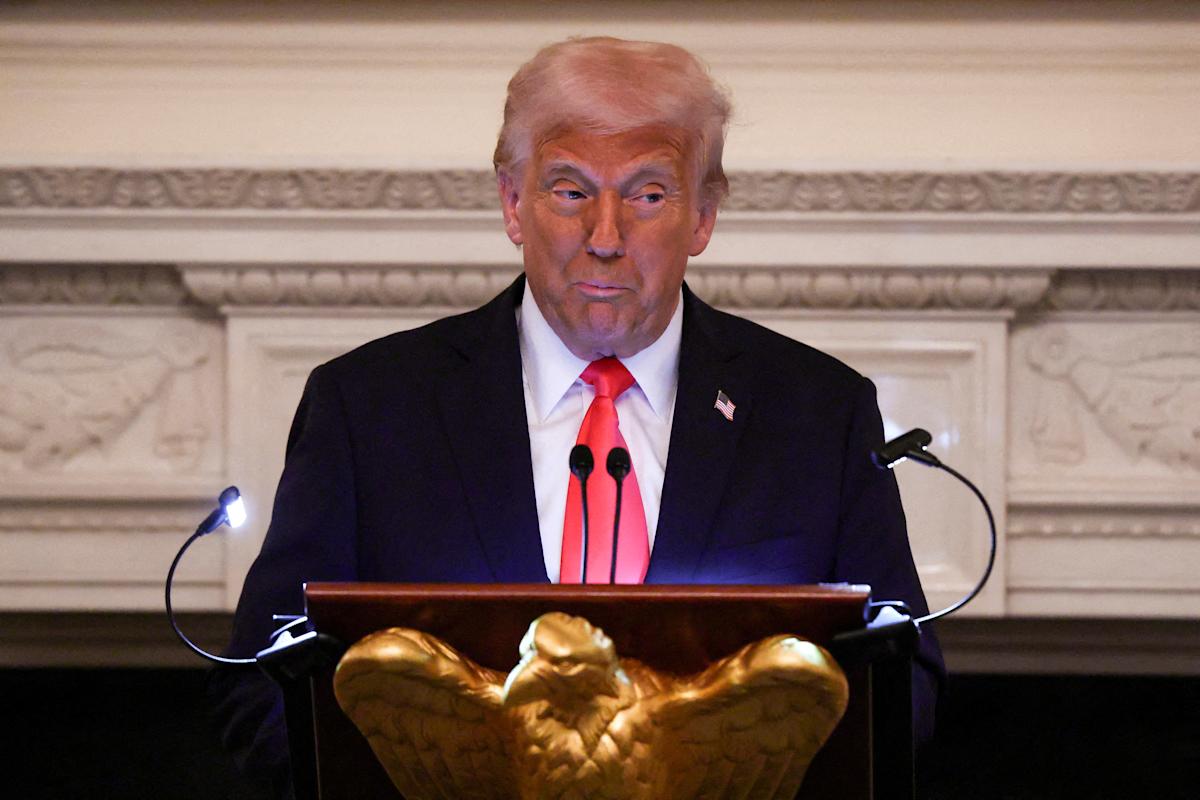Trade Tensions Loom: Trump's Tariff Countdown Sparks Wall Street Speculation

Wall Street Braces for Market Volatility as Trump's Tariff Deadline Looms
Investors are holding their breath as the financial markets teeter on the edge of uncertainty, with growing apprehension surrounding President Trump's upcoming reciprocal tariff deadline on April 2nd. The impending trade policy decision has cast a shadow of caution over investment strategies, prompting many market participants to adopt a wait-and-see approach.
The potential for market turbulence has heightened investor sensitivity, with many portfolio managers and traders closely monitoring potential economic ripple effects. Concerns about potential retaliatory trade measures and their impact on global market sentiment have created a palpable sense of unease among investors.
As the deadline approaches, market participants are carefully assessing potential scenarios and preparing contingency plans to mitigate potential downside risks. The uncertainty surrounding trade relations continues to inject volatility into an already complex investment landscape, keeping investors on high alert.
